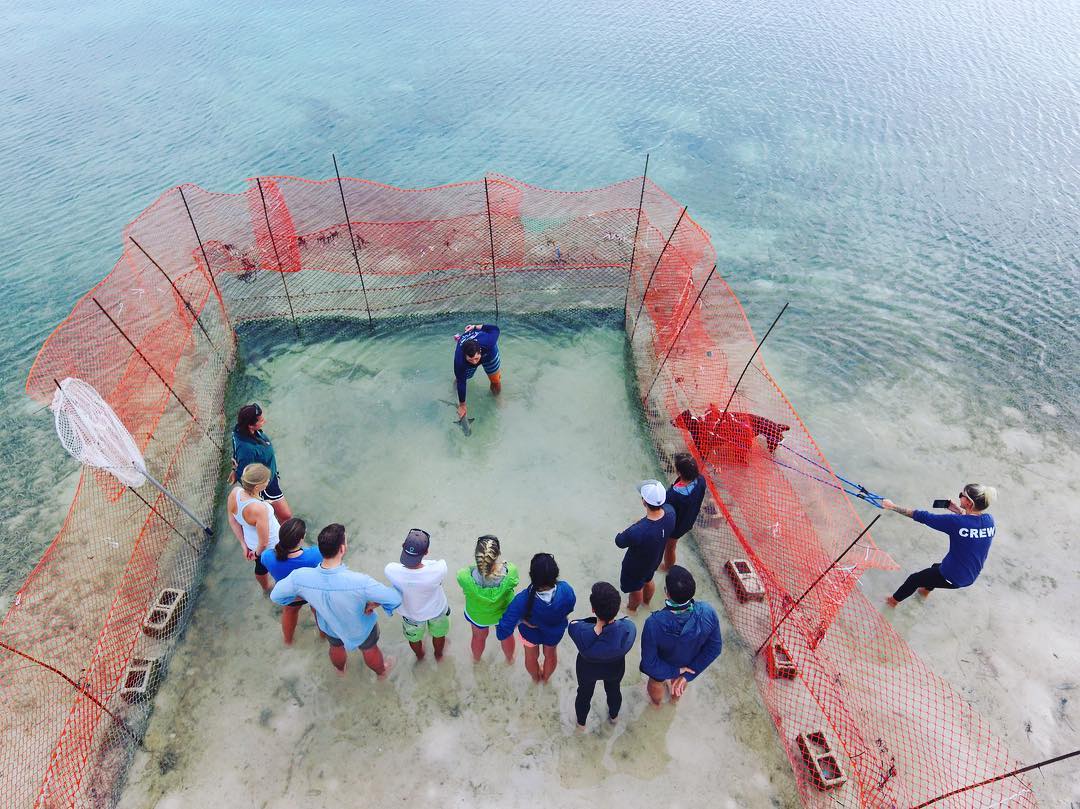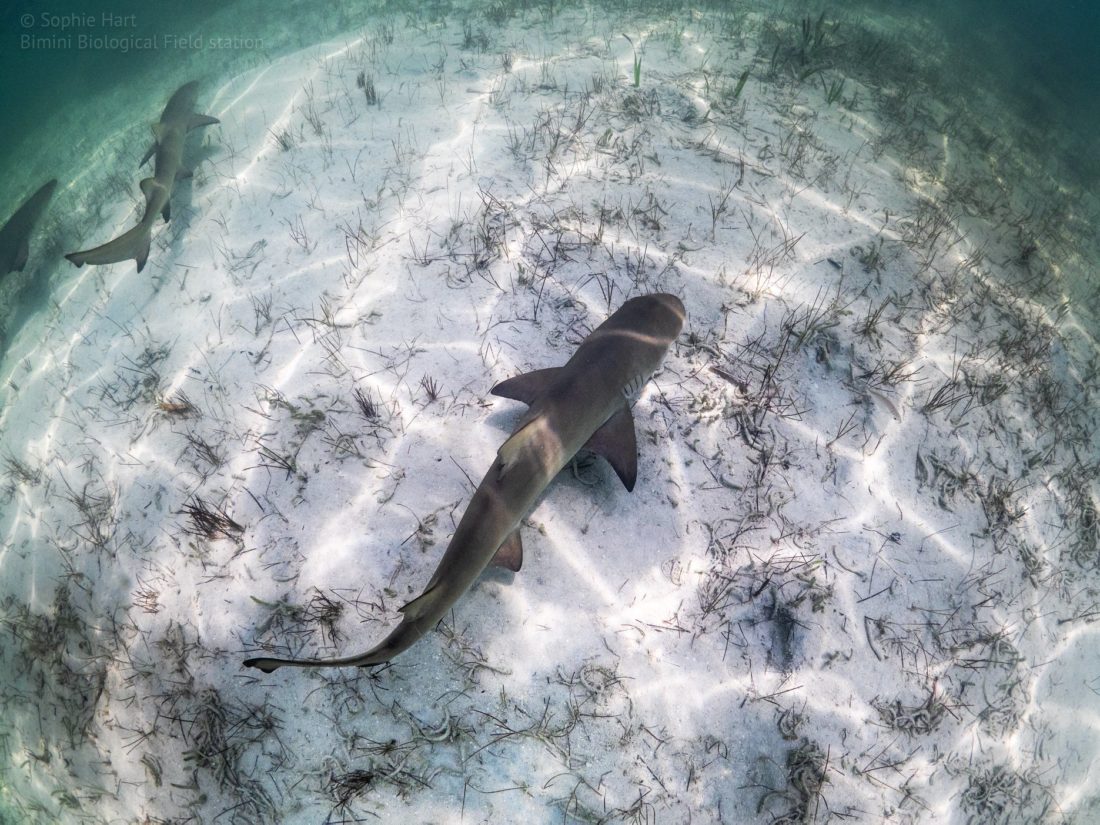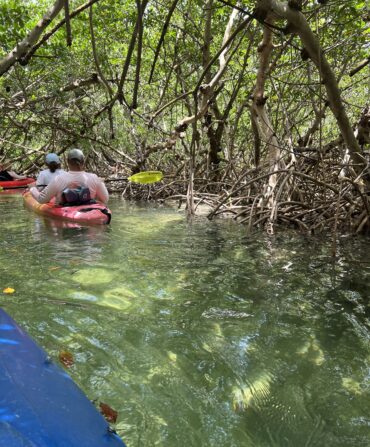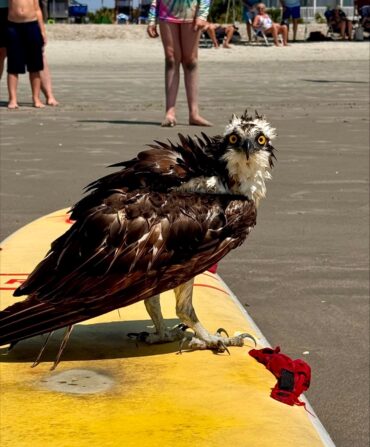Fifty miles off of Florida’s southern coast lies Bimini, a Bahamian paradise known for its white sandy beaches, its history as one of Ernest Hemingway’s favorite escapes, and its groundbreaking shark and stingray research facility, the Bimini Biological Field Station, also known as Sharklab. Due to the islands’ surrounding coral reefs that slope into the Florida Current, the area is rife with marine life, including hammerhead, tiger, Caribbean reef, blacktip, bull, nurse, bigeyed sixgill, and lemon sharks, which Dr. Samuel Gruber and his team have dedicated the past thirty years to studying.
Gruber, a Miami native referred to as “Doc” by his friends and colleagues, founded Sharklab in 1990 to study everything from shark breeding habits to habitat loss. “As a professional marine scientist, it’s my job to find out how the ocean works—which is a big task,” he says. “What I have done is focus on a group of fish—sharks, and specifically lemon sharks—to learn as much about their biology, behavior, and ecology as I can.”

Photo: Bimini Sharklab
Dr. Samuel “Doc” Gruber with a captive juvenile lemon shark .
Fully mature lemon sharks are typically around eleven feet long, roughly 400 pounds, and like to make their homes in shallow water near reefs, mangroves, and river mouths. They are perhaps the most easily studied sharks due to their ability to survive in captivity for extended periods of time. During his doctoral studies in the 1960s, Gruber found that lemon sharks can learn a simple conditioned response—in this case, winking when a light flashed—80 times faster than a rabbit or cat, and can remember that response for a year. Now, he focuses on how genetics influence foraging, mating, and movement.
But to Gruber and his team, research is only the beginning. In order for the knowledge they gather to have any effect, education is vital.

Photo: Matt Smukall
Volunteers learn to properly handle juvenile nurse and lemon sharks.
“There’s a whole lot of myths about sharks you wouldn’t believe,” Gruber says. The job of the scientists at Bimini is to set the facts straight. Félicie Dhellemmes, a doctoral student stationed at Bimini, for instance, has been studying personalities in lemon sharks for the past three years, examining how sharks behave both in captivity as well as in the wild. “Some can be timid, others can be bolder,” Gruber says. “They’re just like humans or dogs.” Another humanlike quality: Sharks can be either right-finned or left-finned.
And perhaps the most important myth to debunk: Sharks are not man-eaters. “In the United States, there’s on average less than one fatal shark attack per year,” Gruber says. In fact, according to the International Shark Attack File, in 2017, zero fatal shark attacks occurred in the United States and only five were recorded worldwide.
“They’re very misunderstood creatures,” Gruber says, “but we’re feeling optimistic.” Thanks to the work of scientists like those at Sharklab, people are now able to better understand, rather than fear, sharks. “We’ve been working on this for thirty years,” he says, “and we can finally see the sophisticated knowledge of the public growing.”








